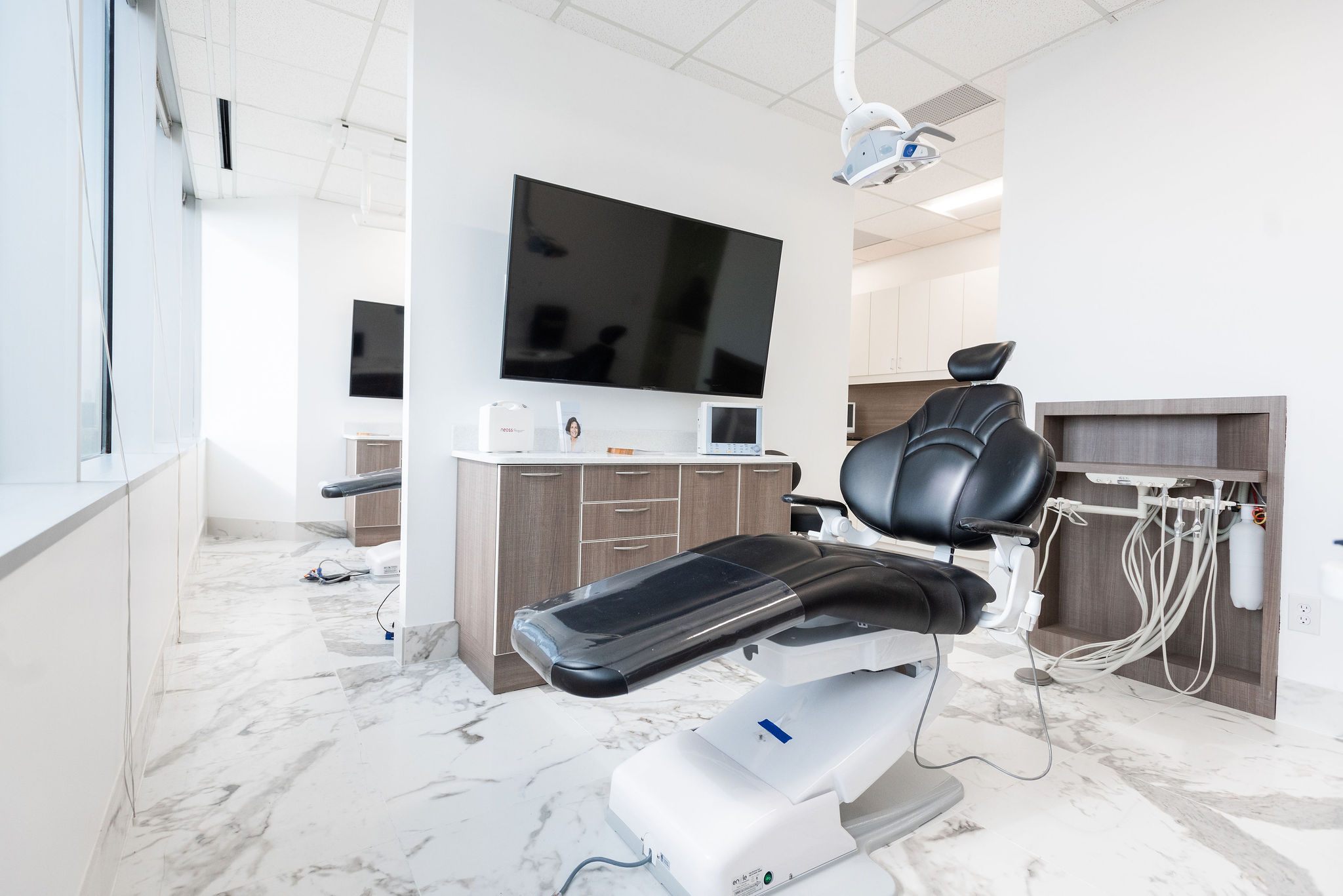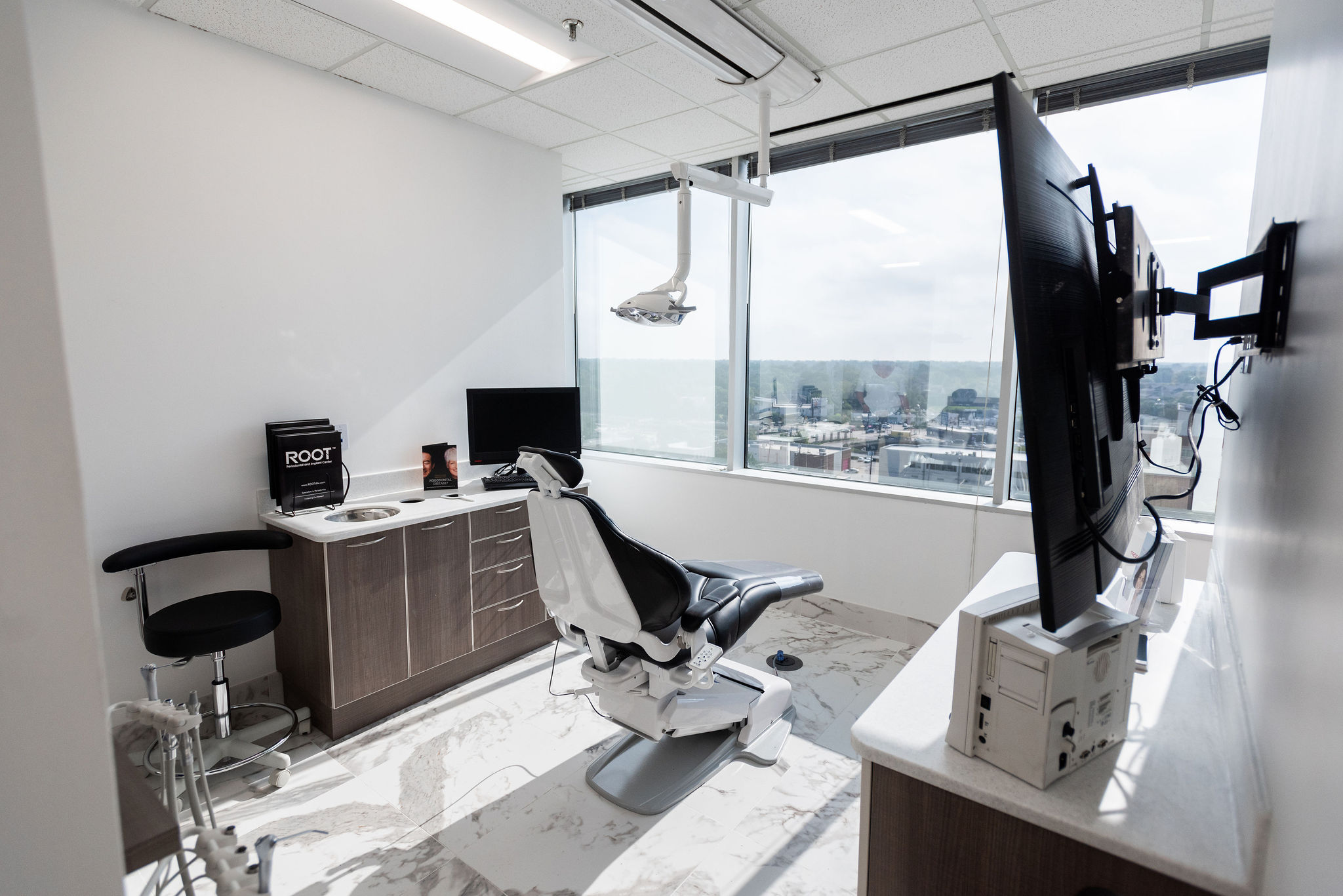SPECIALIZED ORAL PATHOLOGY IN DALLAS, TX
Making Specialized Oral Pathology Available to Everyone
Oral cancer is the most frequent form of head and neck cancer. It usually affects people aged 60 and older. Oral cancer can essentially affect any part of your oral cavity. . You can also develop cancer involving the oropharynx, which includes the posterior soft palate, tonsillar tissues, the base of your tongue, and the back of your throat.
The professionally trained team at The Center for Oral Pathology, 4514 Cole Avenue, Suite 930, in Dallas, Texas, 75205, specializes in understanding the dynamics of the science and medicine to address oral health problems. If you have any questions concerning oral cancer, contact us today at 855-ORAL-PAT(H) or 855-672-5728. We are committed and dedicated to ensuring your oral health.
Oral cancer refers to a cancer that can develop in any of the parts that make up your mouth. A majority of oral cancers are squamous cell carcinomas, which arise from the top layer of tissue, epithelium, that lines your oral cavity.
Common Causes & Reasons for Oral Cancer
Oral cancers form when the cells in the mouth develop changes, or mutations, in their DNA. The DNA in a cell contains the instructions that tell the cell what to do. The mutations will now tell the cell to continue growing and dividing when a healthy cell would die. These accumulating abnormal cells can now form a tumor. With time they can spread inside your mouth and invade into adjacent structures, with occasional tumor cells developing the ability to pass through vessels and metastasize to different parts of the body.
There are numerous factors that can lead to the development of mutations in the squamous cells that lead to mouth cancer. The following have been identified as factors that can increase your risk of mouth cancer.
About 75% of people who develop oral cancer have the following habits:
- Tobacco use of any kind, including cigarettes, cigars, pipes, chewing tobacco and snuff, among others.
- Excessive alcohol use.
- An overabundance of sun exposure to your lips.
- A weakened immune system.
- Having a family history of oral cancer.
The Signs and Symptoms of Oral Cancer
Oral cancer has several signs and symptoms that can be mistaken for common problems in your mouth. You may notice patches inside of your mouth that you cannot scrape away. These patches might be precancerous conditions.
Common signs and symptoms include:
- Non-healing sores on your lip or inside your mouth that bleed easily.
- White or red patches on your mucosal tissues.
- Numbness, tenderness, or pain on your face, neck, or in your mouth that occur without cause.
- Difficulty chewing, swallowing, speaking, or moving your jaw or tongue.
- Unintentional weight loss.
- Radiating ear pain or chronic bad breath.
Make an appointment with The Center for Oral Pathology if you have any persistent symptoms that last more than two weeks. We will first investigate other more common causes for your symptoms, such as an infection or inflammatory conditions.
Oral Cancer Screening or Oral Evaluation
A proper oral exam is your best defense against any dental problem, and it is the best way to detect oral diseases. While there might not be a way to prevent cancer, early detection is crucial in treating the disease successfully. Consistent oral cancer screenings can help identify abnormalities or changes.
As pathology specialists, The Center for Oral Pathology performs various cancer screening tests to reduce the potential damage. Oral cancer screenings might include a visual and digital exam with photo documentation, biopsies, and more.
You should be screened for oral cancer at least once a year, especially if you are at a higher risk of developing the disease. A higher risk includes:
- If you are over the age of 40.
- If you smoke.
- If you consume excess amounts of alcohol.
- Having a history of oral cancer.
- Having an oral HPV infection (Oropharyngeal cancer).
Preventing Oral Cancer
There's no proven way to prevent oral cancer. You can reduce your risk of oral cancer if you:
- Stop using tobacco. If you use tobacco, stop. Tobacco exposes the cells in your mouth to dangerous cancer-causing chemicals.
- Drink alcohol in moderation. Chronic excessive alcohol use can irritate the cells in your mouth, making them vulnerable to oral cancer. For healthy adults, that means one drink a day for women of all ages and men older than age 65, and two drinks a day for men ages 65 and younger.
- Avoid excessive sun exposure to your lips. Protect the skin on your lips from the sun. Wear a broad-brimmed hat that shades your entire face. Apply a sunscreen lip product as part of your routine.
- See your dentist regularly. As part of your routine dental exam, your dentist will inspect your entire mouth for abnormal areas that might indicate oral cancer.
Schedule Your Oral Pathology Exam Today
At The Center for Oral Pathology, 4514 Cole Avenue, Suite 930, in Dallas, Texas, 75205, our team of specialists take your oral health seriously. Scheduling an appointment for an oral pathology examination or an oral biopsy can also actively improve your overall health. In addition to embracing the importance of your overall oral health, we also understand the value of your time, which is why we are focused on making your visit to our clinic as efficient as possible.
If you would like to learn more about your viable options with regards to an oral cancer screening, give us a call today at 855-ORAL-PAT(H) or 855-672-5728 with any questions and to get your examination on the calendar. We look forward to serving you and contributing to improving your quality of life.




